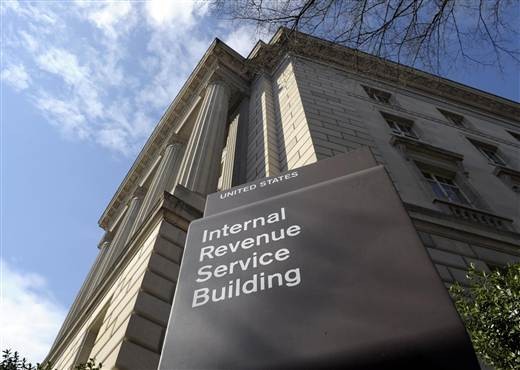Federal Taxes on Bonus Pay
Post on: 16 Март, 2015 No Comment

With the holidays approaching, many companies are preparing their bonus checks, and employees who are looking forward to their bonuses are concerned about tax consequences.
I gave up this extra part of my corporate pay for the benefit of working for myself when I left my day job last year. If this year were anything like what Ive experienced in the past, people I know would complain that theyd rather not receive a bonus. There is a widely-held belief that the extra income from a bonus, which is not really extra, just a variable aspect of compensation, supposedly bumps them into a higher tax bracket. This, they believe, is bad, because it would mean that they owe the government a higher tax rate on all of their income. This is incorrect and represents confusion about how marginal tax rates work.
These misconceptions and the resulting complaints are intensified when the bonus check arrives with a net payment amount representing only a fraction of the gross income listed on the pay stub.
For most taxpayers, the IRS treats bonus income the same as regular income. All taxable W-2 income gets added together in one box when you file your federal tax return forms, and the same tax rates apply. There is a catch, and this is why confusion is rampant: While the IRS doesnt discriminate between regular pay and bonus pay, employers often do.
Employers can choose between two methods of withholding federal taxes from bonus or supplemental income when it is given to the employee in a check or direct deposit separate from regular income.
Option 1. The employer may withhold a flat 25% for federal income taxes from the bonus payment. If the employee receives over $1 million in bonus payments in one year, the employer can withhold 35% from the amount over $1 million in addition to 25% of the first $1 million.
Option 2. The employer may add the bonus payment to the most recent regular income payment, determine the standard withholding based on tax tables and the sum of the two payments, subtract the amount already withheld from the most recent regular income payment, and withhold the rest from the bonus.
The third option is for employers who choose to combine bonus compensation with regular compensation in one payment, check or direct deposit, without any differentiation between the two types of income.
Option 3. The employer may base withholding on the sum of the bonus and regular pay using the standard withholding tables.

Regardless of the method the employer chooses, bonus income and regular income are grouped together when you file your taxes. The IRS will refund any overpayment and will collect any underpayment.
One interesting exception to the idea that bonuses are taxed the same as all other income applies to hedge fund and other investment managers. This type of income is known as carried interest. Investment managers often take their bonuses from investment gains, and these can be taxed at the long-term capital gains rate of 15%, a rate usually significantly lower than their marginal tax rates.
Dont be afraid of earning that bonus or more money in general. Your employer might withhold more of the check for taxes than youre used to, but it will even out when you file your taxes.
Updated February 28, 2013 and originally published February 18, 2011. If you enjoyed this article, subscribe to the RSS feed or receive daily emails. Follow @ConsumerismComm on Twitter and visit our Facebook page for more updates.
3A%2F%2Fwww.consumerismcommentary.com%2Fimages%2Fgravatar.png&r=G /%














